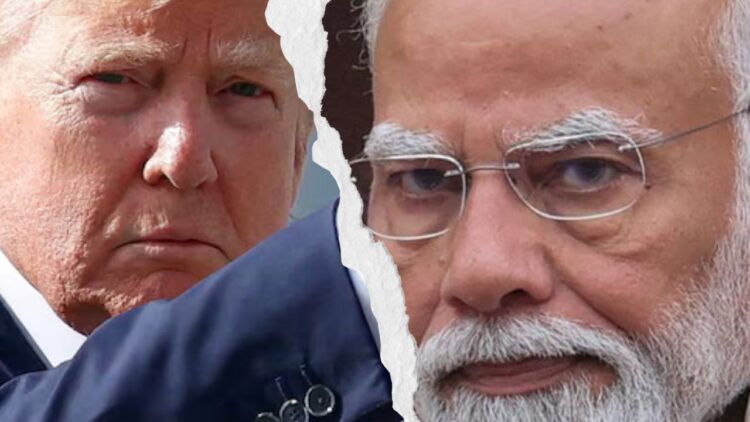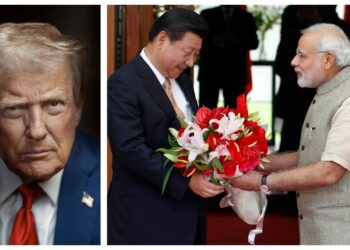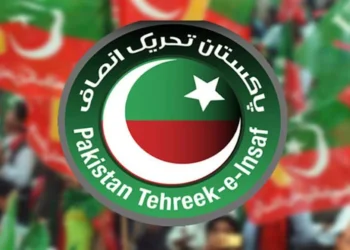WASHINGTON D.C; In a sharp escalation of trade tensions, U.S. President Donald Trump on Wednesday signed an executive order imposing an additional 25% tariff on imports from India.
The White House cited India’s continued direct and indirect imports of Russian oil as the reason behind the decision, further complicating ties between the two strategic allies.
“I find that the government of India is currently directly or indirectly importing oil from the Russian Federation,” President Trump stated in the order.
“Accordingly, and as consistent with applicable law, articles of India imported into the customs territory of the United States shall be subject to an additional ad valorem rate of duty of 25%.”
Trump said the action was “necessary and appropriate” to address what his administration views as India’s failure to align with Western efforts to isolate Moscow amid the ongoing Ukraine conflict.
The new tariffs will apply broadly across Indian exports, though key exemptions remain in place for previously designated items such as steel, aluminum, and critical pharmaceutical products.
The move is likely to exacerbate growing strains in U.S.-India relations, which have recently hit their lowest point in years. Talks between the two nations aimed at reaching a broader trade agreement collapsed earlier this summer, leaving key issues unresolved.
The tariff escalation also follows reports that Indian Prime Minister Narendra Modi plans to visit China later this month — his first such visit in over seven years — raising eyebrows in Washington as India appears to diversify its foreign alliances.
This fresh round of tariffs comes just days after Trump’s top diplomatic envoy, Steve Witkoff, met with Russian officials in Moscow in a last-ditch effort to persuade the Kremlin to reconsider its stance on the war in Ukraine.
Trump has repeatedly warned that both Russia and its economic partners could face additional sanctions if President Vladimir Putin refuses to de-escalate the conflict. Wednesday’s executive order signals a shift in that warning — from threat to enforcement — with India now facing the economic fallout.

























